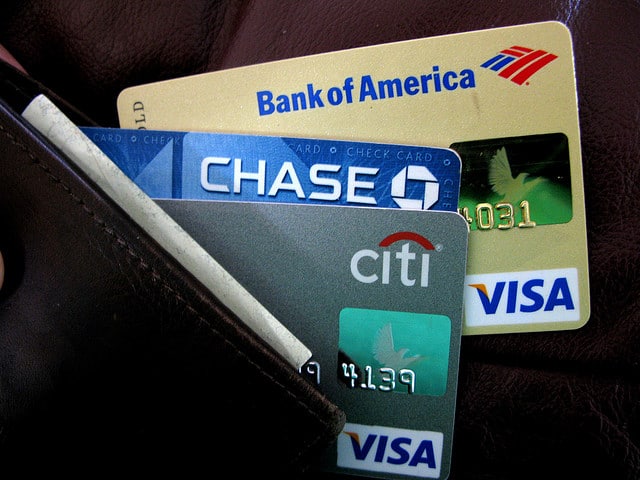
Your credit score is important. It affects the rate you can get on a personal, home, auto, or other loan. It affects your eligibility for apartment rentals, cell phone plans, and credit cards. Having a low score can put you at a serious disadvantage. So, how can you boost your score?
Your Credit Score
Your FICO credit score is a reflection of a variety of factors: payment history, outstanding debt, credit account history, recent inquiries, and types of credit. Your payment history is beneficial to your credit score if you have a consistent record of paying on time. Your outstanding debt, also known as your revolving utilization or debt to credit limit ratio, can negatively affect your score if you carry high balances in relation to your credit limits. Recent inquiries by potential lenders or businesses that are known as “hard inquiries” cause a slight dip in your credit score. If a lender or business advises that it is making a soft inquiry, this should not affect your score. Finally, the type of credit you carry influences your credit score. A good mix of credit is important for a healthy credit score. While you might have student loans and a car note, adding credit cards to the mix can be advantageous to your score.
FICO typically allocates percentages based upon the importance of each of the 5 following credit metrics:
- 35% payment history
- 30% amounts owed
- 15% length of credit history
- 10% types of credit in use
- 10% new credit
These percentages are just a guideline; they change on a case-by-case basis. For example, if you do not have a very long credit history or if your payment history is sparse, your credit report will be compiled by focusing more heavily on other areas of your credit.
Credit Cards And Credit Scores
You know all about the problems associated with credit cards and credit card debt. Some people fall victim to unmanageable balances and compounding interest. Some cards have high annual fees and penalize you with extremely high interest rates for late payments. However, handling your credit cards responsibly can give your credit score a serious boost.
Why does having credit cards help your credit score? When you obtain credit cards, and handle the debt sensibly over time, you build up a pattern of responsible debt management. Having a credit card can benefit your credit score in several ways:
- By maintaining a few credit cards, in addition to other types of credit, you diversify your credit history. Diversifying your credit indicates to lenders and banks you are experienced in dealing with different payment responsibilities, which affects your credit rating favorably. Remember, the closer to your credit limit you come, the less of a benefit you will receive toward your score. Keep in mind that a bank could choose any day of the month to report your balance to the credit reporting agencies (CRAs). Therefore, if you incur a large debt each month and still pay your bill in full each month, the CRAs may receive the report on a day when your debt is very close to your credit limit.
- While there is no bright line rule of how much credit you should or should not use, keeping your credit cards’ balances below 10% of the total credit limit creates a desirable debt-to-credit limit ratio. This, in turn, boosts your credit score.
- Another way to make a credit card work to improve your score is by making multiple payments per month. Submitting several small payments, or micropayments, throughout the billing period will effectively lower your debt utilization ratio.
Steps To Take
Whether you are just establishing credit for the first time or you are trying to repair old damage to your credit score, you can improve your credit by getting and maintaining a credit card or two. If you are trying to decide which card is the best fit for you, look at interest rates, annual fees, and whether the card is secured or unsecured. The website www.creditcards.com offers a helpful comparison of credit cards so that you can make an informed decision about which card is right for you. Choose the right cards and pay them off regularly in order to give your credit score a bump.
Image Credit and License
